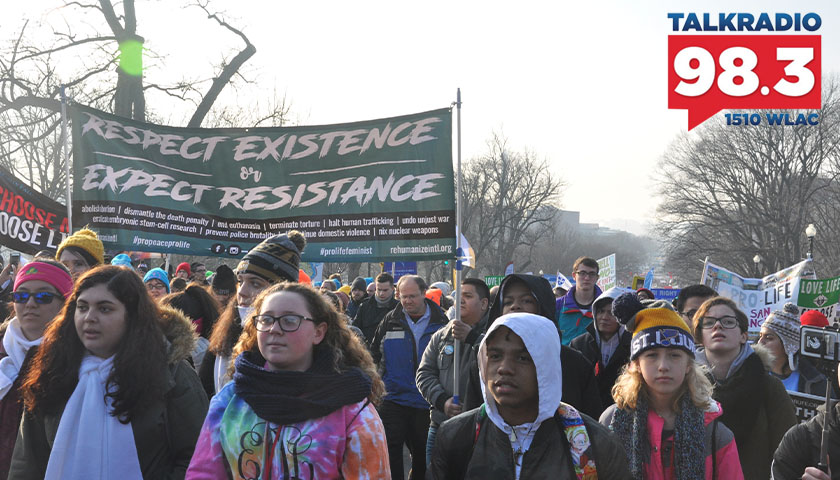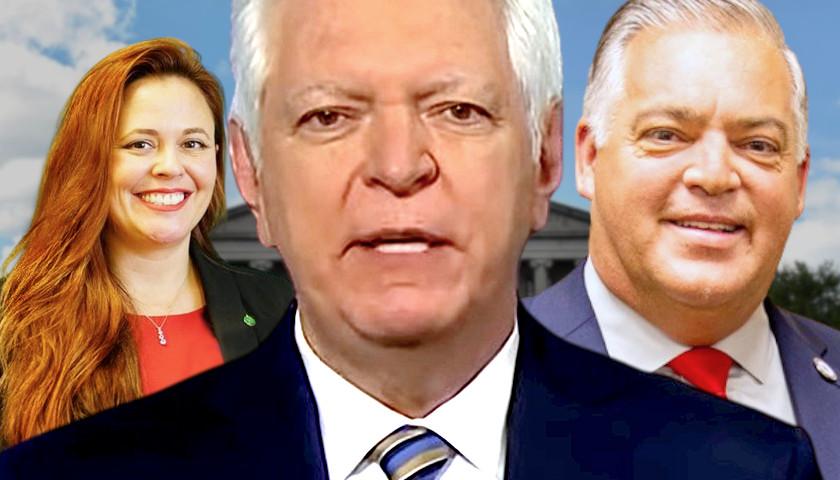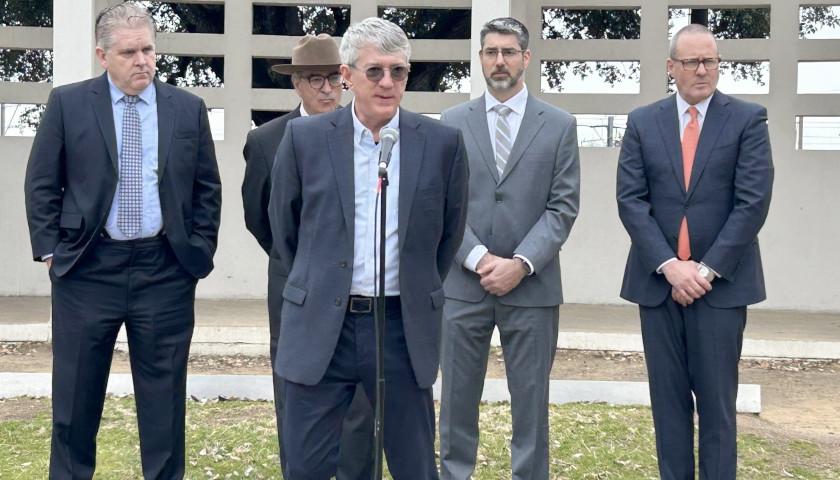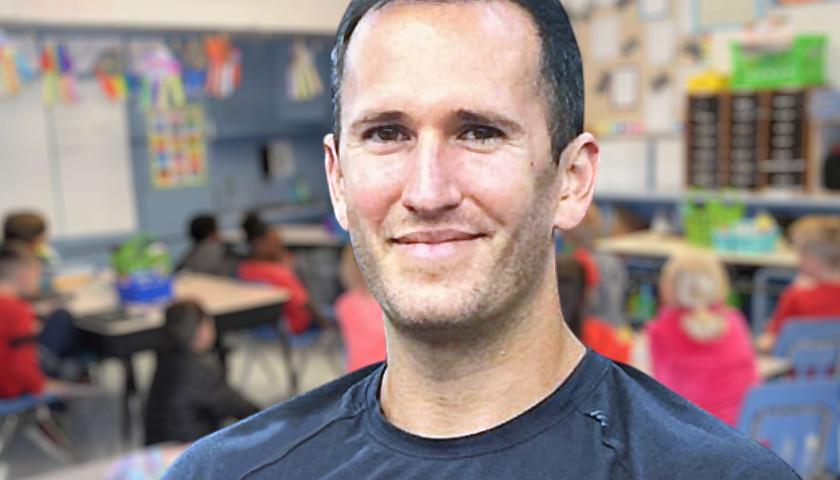Live from Music Row Friday morning on The Tennessee Star Report with Michael Patrick Leahy – broadcast on Nashville’s Talk Radio 98.3 and 1510 WLAC weekdays from 5:00 a.m. to 8:00 a.m. – host Leahy welcomed the original all-star panelist Crom Carmichael to discuss the Mississippi case, which will challenge the constitutionality of the state’s 2018 law prohibiting abortions after 15 weeks.
Leahy: We heard in that news break that the Supreme Court, when it convenes in October, will hear an abortion case on abortion rights.
I’ll read to you from the Heritage Foundation a description in their news outlet of how they described that story in May when the Supreme Court made that decision to hear the case.
The Supreme Court has agreed to hear a Mississippi case challenging the constitutionality of that state’s 2018 law prohibiting abortions after 15 weeks, except in the cases of a medical emergency or when a severe fetal abnormality is detected.
The high court’s announcement that it will hear arguments in Dobbs v. Jackson Women’s Health Organization came after it considered the case in conference no fewer than 12 separate times.
The ramifications of Dobbs to be argued nearly 49 years after the Supreme Court legalized abortion on demand in Roe v. Wade promised to reverberate for some time.
This case was challenged and decided in the lower courts against the state of Mississippi.
They declared that the 2018 law was unconstitutional. Now, the Supreme Court is going to say, wait a minute. Let’s see if that – if we really agree with that.
Carmichael: The lower court probably decided correctly, given the Supreme Court rulings of the past. This is one of those ones where Judge Scalia says a judge has to rule according to the law, not according to their feelings.
So I’m going to guess that probably the courts ruled correctly, given the Supreme Court presence. That does mean that I agree that they’re correct.
And it doesn’t even mean that I agree that the previous Supreme Court rulings are correct under actual law. But once the Supreme Court rules, that then becomes the law.
Leahy: I’m just going to describe a little bit more on this story.
Carmichael: Sure.
Leahy: In deciding to grant the petition in that Mississippi case, Dobbs, the Supreme Court indicated it will consider only one of the questions raised by Mississippi and its appeal.
One that is both simple and monumental. Are all prohibitions on elective abortions before the child is viable outside the womb unconstitutional?
Carmichael: Yeah. And that’s the key. That’s the key. That’s what we were talking about earlier. You did a great job, Michael, of setting this up by reading what the Heritage said because I think you said it went through 12 different, in other words, it wasn’t something that got passed in the middle of the night.
Leahy: The decision to take the case.
Carmichael: No, no, no. I’m talking about even Mississippi, when they were passing it, they were very deliberate in the legislative process.
Leahy: No. The high court’s announcement that it will hear arguments came after it, the high court considered the case in the conference no fewer than 12 separate times.
Carmichael: Okay. All right. Excuse me. Then the court is being very deliberate.
Leahy: Exactly.
Carmichael: In the way they’re doing it. What we have here in Mississippi, select review for our listeners. The Mississippi legislature passed a law that outlaws abortion after 15 weeks with certain exceptions. And those exceptions include …
Leahy: Medical emergencies or when a severe fetal abnormality is detected.
Carmichael: Yes. Those are the two outside of 15 weeks. The Supreme Court has essentially said what it’s going to rule on is whether or not a state has the right to determine when life begins.
Leahy: Answer this question. Are all prohibitions on elective abortions before the child is viable outside the womb unconstitutional?
Carmichael: So you have, for example, in Virginia, they literally tried to pass a bill. I don’t think it actually passed. Governor Northam was trying to explain it.
And he is a doctor who delivers babies. He said, yes after the baby is born, you make it comfortable.
Leahy: And then you have a conference to decide whether you should let it live or not. That’s crazy.
Carmichael: In Virginia, they were actually trying to pass that law.
Leahy: I don’t think that law passed.
Carmichael: It did not pass. But they were trying to. And now, the question is, should the people of Mississippi be prohibited from saying that that law in Virginia is wrong? And should we have a different set of laws? As the story says, it is simple, and it is monumental.
Leahy: Absolutely.
Listen to the full third hour here:
– – –
Tune in weekdays from 5:00 – 8:00 a.m. to the Tennessee Star Report with Michael Patrick Leahy on Talk Radio 98.3 FM WLAC 1510. Listen online at iHeart Radio.




